The key to understand the whole Bible is ‘covenant’.
What’s a covenant? Think of marriage or adaption: the goal is to integrate an outsider into your family. Who is God? An eternal family. What is his goal? To bring back all of his lost children to unite with Him and celebrate a feast together!
Christopher West sums up the whole Bible analogically in 5 words: “God wants to marry us!”1. What brings people to be united as members of one family? A common flesh, blood & name. If we translate ‘covenant‘ in Latin, it becomes ‘sacramentum‘. Sounds familiar?
| Mediator | Adam | Noah | Abraham | Moses | David | Jesus |
| Role | Husband | Father | Chieftain | Judge | King | Royal High Priest |
| Form | Marriage | Household | Tribe | Nation | National Kingdom | Catholic Church |
| Sign | Sabbath | Rainbow | Circumcision | Passover | Throne | Eucharist |
| Mountain | Eden | Ararat | Moriah | Sinai | Zion | Calvary |
God made us to be in full communion with Him.
Sin broke that relationship.
Mankind’s relationship with God is restored by Jesus.

Creation
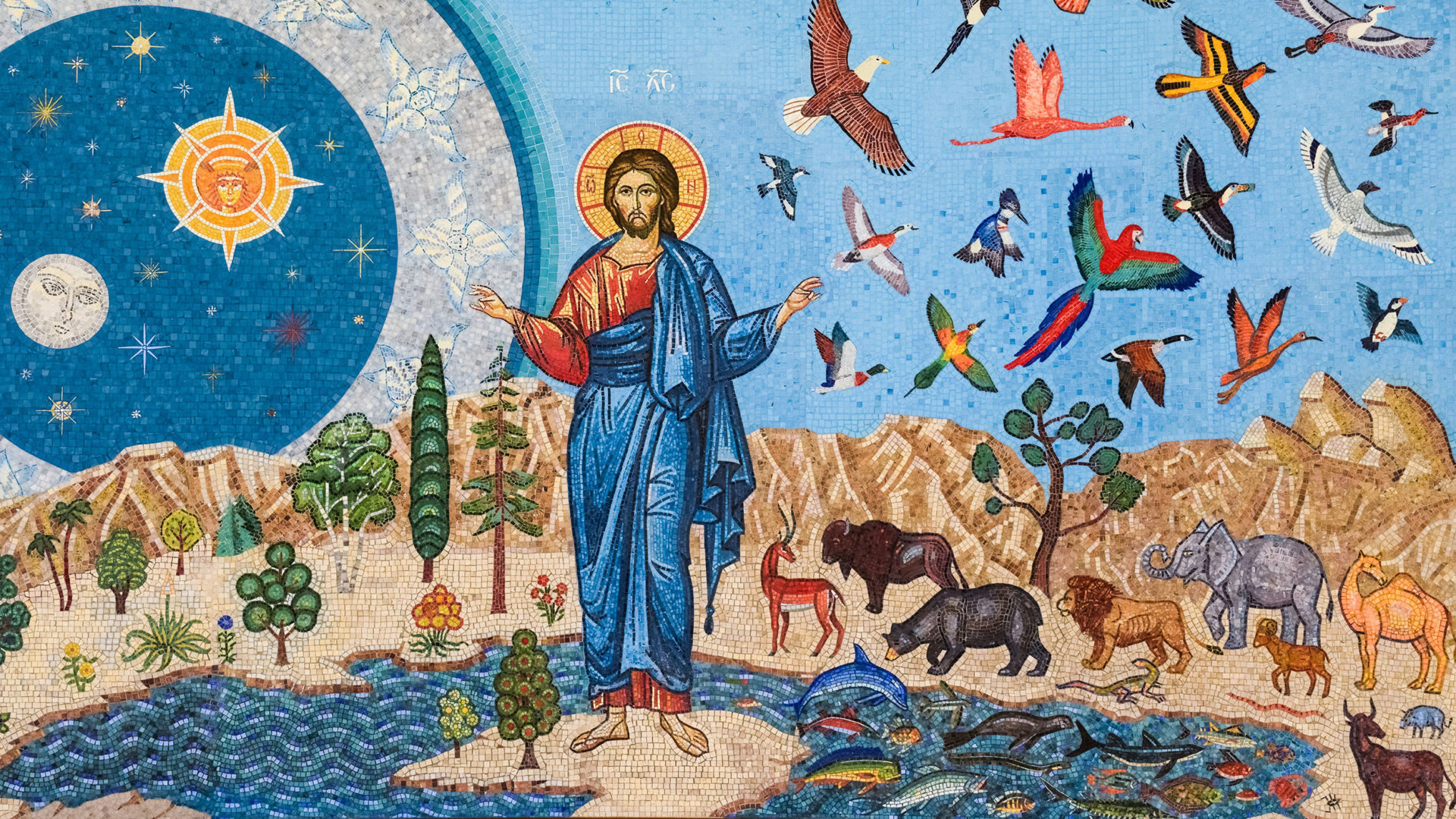
Cosmic liturgy
The Genesis account is much more interesting when we compare them with ancient myths & cosmogonies of Mesopotamia. In the Enuma Elish, there was a war between Marduk and Tiamat (dragon). The supreme god formed and created the world and human beings using her blood. The pagan gods were all similar, while the monotheistic God of Israel was unique.
Temple & Garden of Eden
The pagan gods were needy: they grow, they learn, they require sacrifices, etc. God on the other hand, is self-sufficient. He doesn’t lack or need anything. God is just, is. God didn’t need us. Yet, still decided to create us out of love. It is who God is: love. When you are so passionate about a subject, you want to share it with others. But we need God. God is preparing a house for his upcoming creation: human being, made in his image2.
We all know the story of how God made the universe in 7 days. Here’s the key: it speaks of the Creation as a temple3. What was a temple used for? To worship God. The 1st Temple of Jerusalem was constructed according to the descriptions of the Garden of Eden.
The 7-days of Genesis also anticipate a certain ‘holy week’. On the 6th day, Adam was asleep and Eve came forth from his ribs. God has finish everything, and goes to rest on the 7th day.
The Garden of Eden was an earthly paradise.
Adam
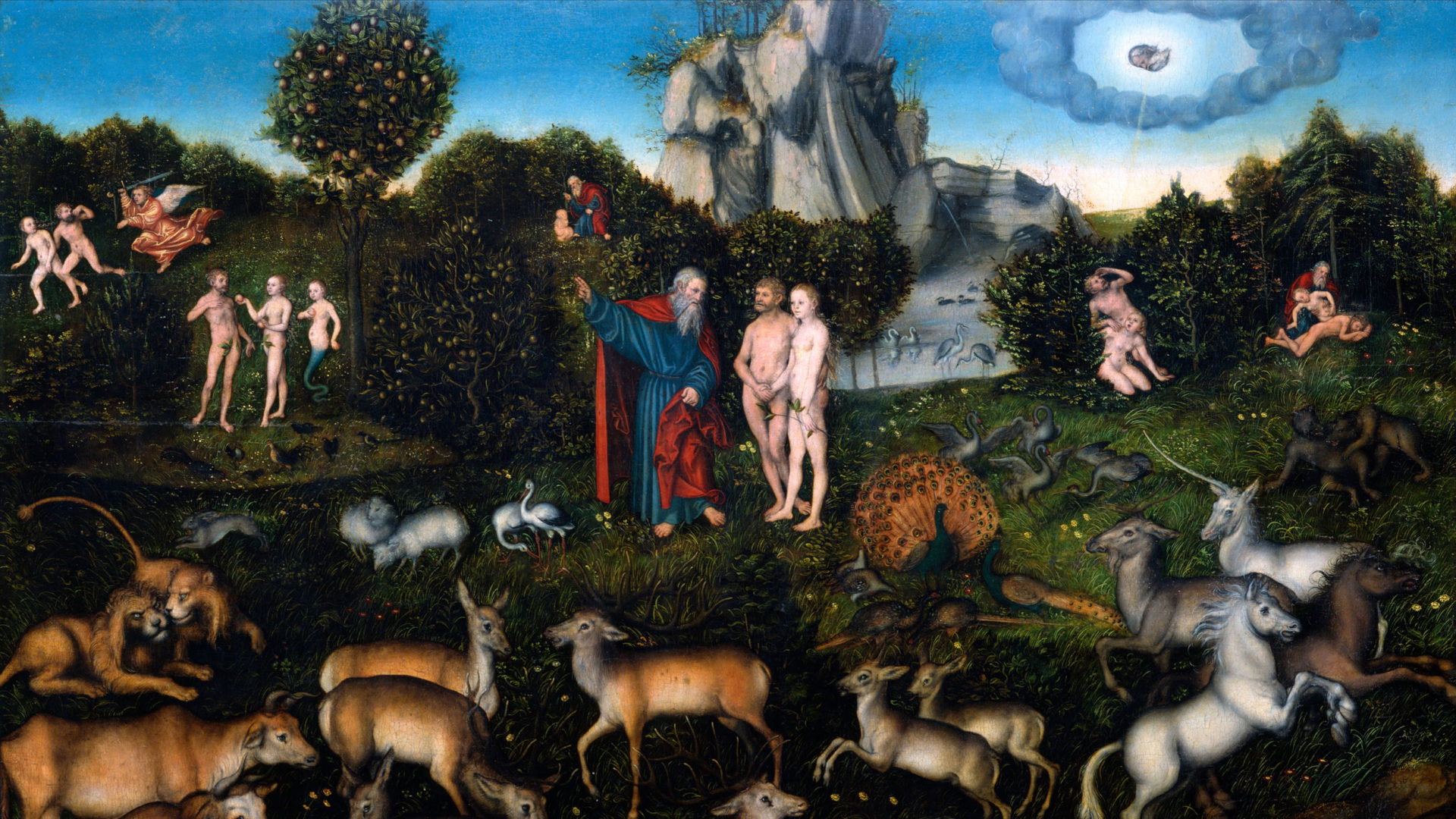
Adam was the first human who God created in “his image and likeness”. And he got an offspring of himself too, made in his image. A son might be either biological or adoptive. Since God isn’t physical, it follows that Adam’s case was adoptive. He was a small ‘son’ of God. Later, the real Son of God will manifest Himself.
The key of the story: man is separated from God through sin, and He would wants to restore that broken relationship.
We see the 1st sacrifice…
What is God’s goal: to bring back all of the human race under the same roof (Heaven) so we can all become in perfect communion with God. What unites members of a family? Flesh, blood and common name.
Adam was the first priest, prophet and king.
God promised a rescue plan for Adam & Eve in the future. That part, is what we call “Protoevangelium”.
Noah
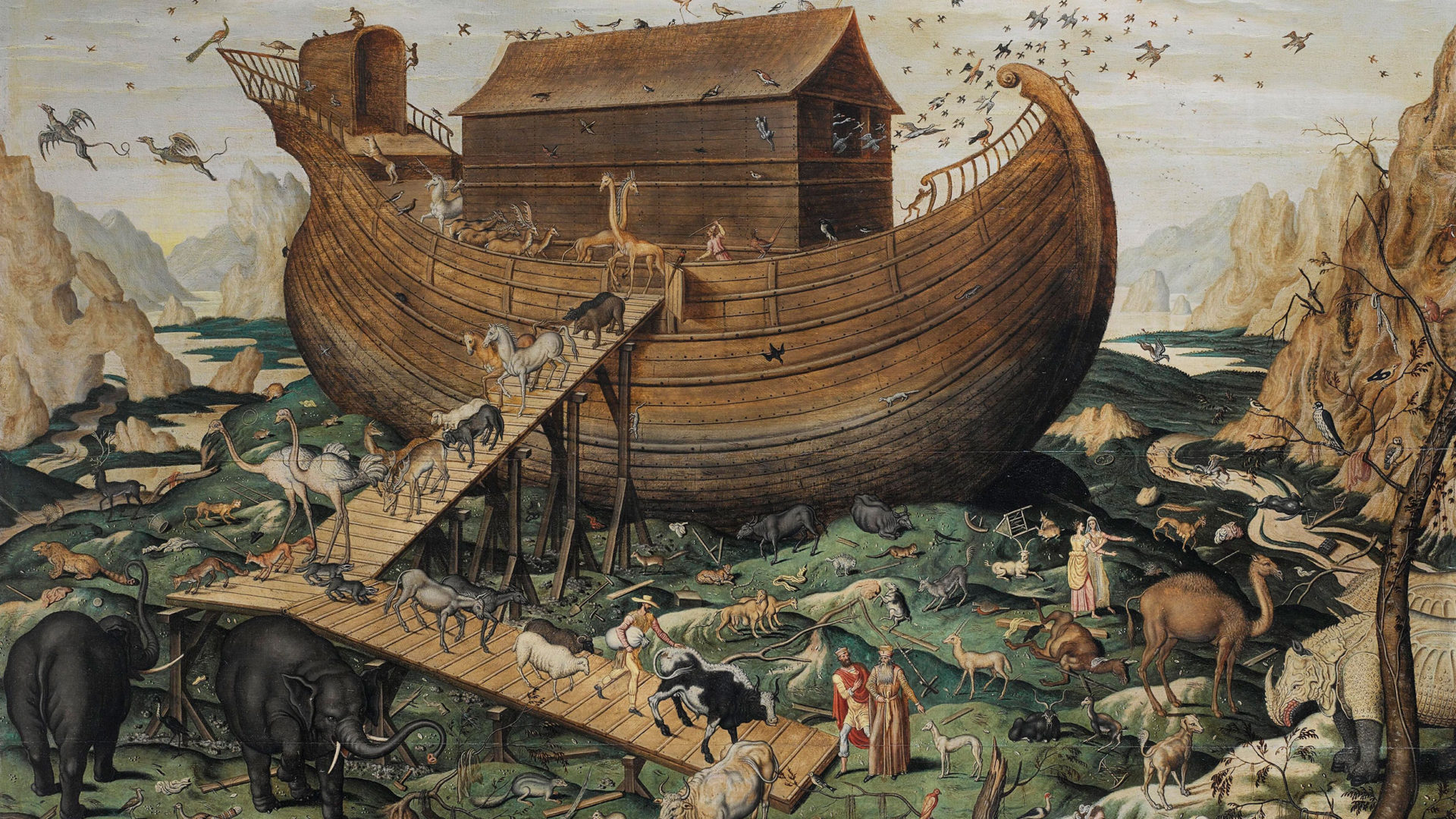
Post-Flood
The Flood story was to anticipate baptism.
Noah got 3 sons: Shem, Ham and Japheth. After the Flood, they repopulate the earth.
Ham has 4 sons (Cush, Mizraim, Put & Canaan)4 which will gave birth to the people of Egypt, Canaan, Philistia, Assyria & Babylon (Nimrod5).
Shem will give birth to the people of Israel (that’s where we get the word ‘Semitic’).
Japheth have birth to the Europeans.
Abraham
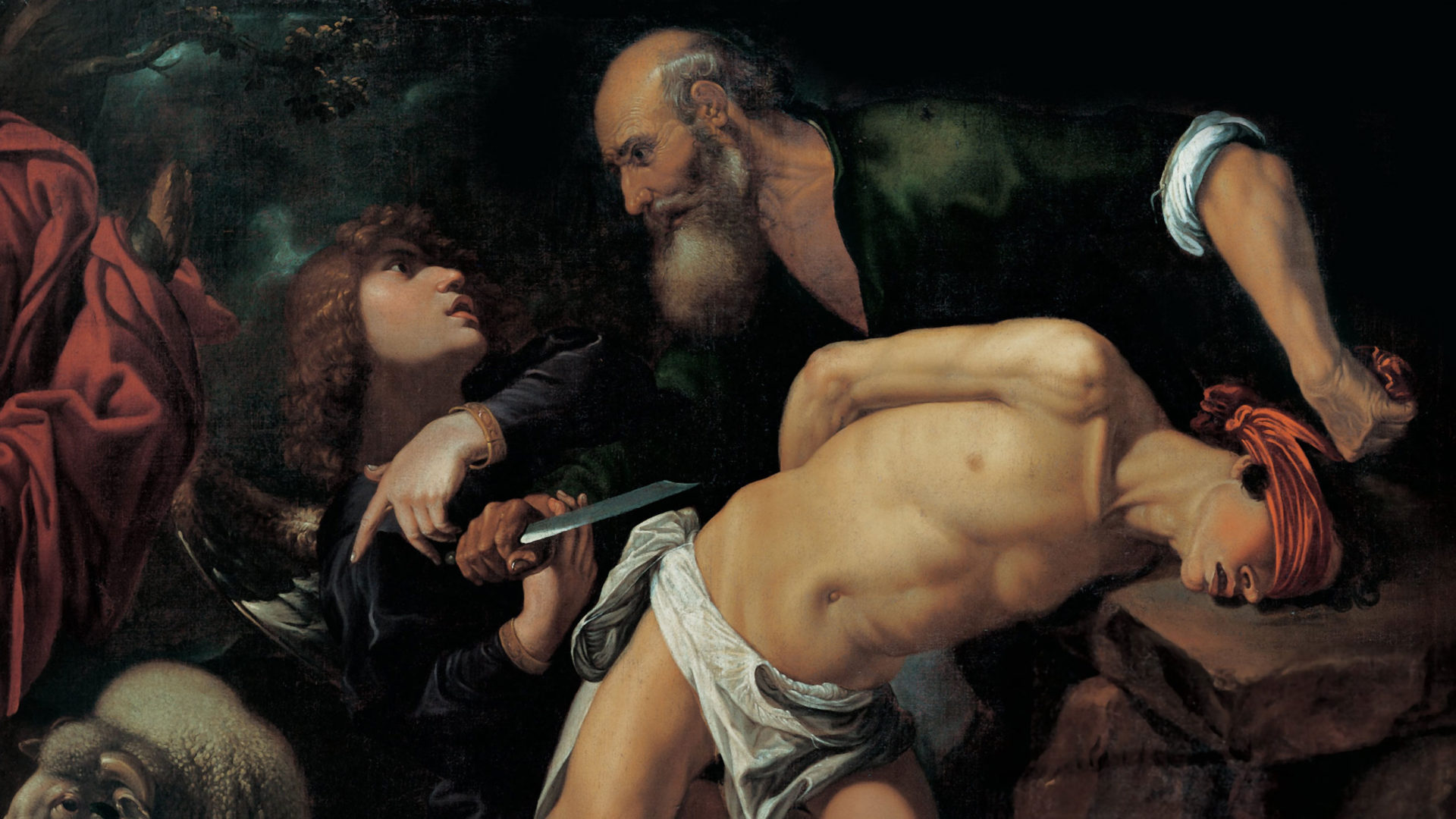
A man who wants to integrate Abraham’s family is by circumcision. That mark will distinct them from the other nations. Abraham had 2 sons: Isaac (from his wife Sarah) & Ishmael (from his maid Hagar).
Moses
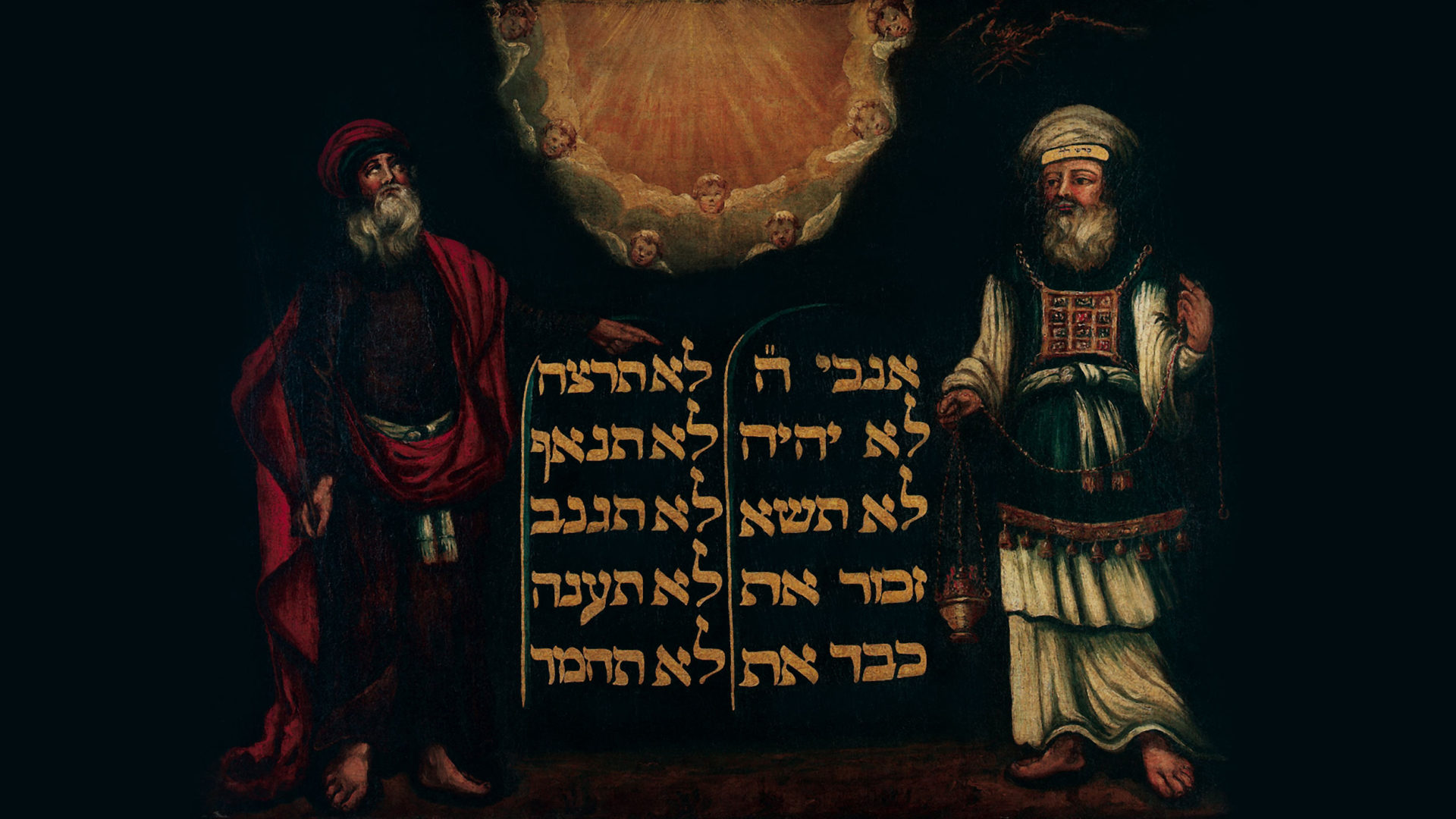
A family relationship
The relationship between God and Israel is like a husband and wife 6, as well as a father and his son7. Israel towards other nations, is like the firstborn son8 who has the responsibility to give the example, and to bring his younger siblings back to their Heavenly Father9, who has been lost under the influences of pagan idols.
In fact, God will demand Israel to be holy like Him10 (after all, he’s the oldest sibling). What is ‘holiness‘? It doesn’t mean being pure. In Hebrew, the word “קדוש” (kedusha) mean to be ‘set apart‘: when others do wrong, Israel must do what’s right.
Jealousy
God is also referred to as being ‘jealous’. But that’s not negative! In fact, the Hebrew word “מקנא” means ‘zeal’: God is zealous to keep his ‘wife’ (Israel) who left Him for other gods11. Idolatry is like cheating on a spouse.
Think about this: if our spouse had cheated on us, we’ll get mad! Why? Because we took an alliance, and the other didn’t keep their promise.
That relationship between the prophet Hosea and his wife Gomer was the same. Gomer was sleeping with other men. Hosea was heartbreaking and wanted to divorce her. Instead, God demands that Hosea keep his love for his wife instead of abandoning her. That, is the picture of how merciful and how loving God is toward Israel.
The Exodus was the stage of adolescence. They rebel against their parent, they seek for who they are, they imitate their new role model (idols) and become more and more like them. They get peer pressure by their neighbor (Canaanites, Egyptians, etc).
Severity
Israel was like a son who had 613 laws to follow, and many times, went into rebellion against God. This happen all the time in family homes.
“For I, the LORD, do not change, and you, sons of Jacob, do not cease to be.”
Malachi 3:6
The Old Testament story is like a father who’s raising his child12.
“Endure your trials as ‘discipline’; God treats you as sons. For what ‘son’ is there whom his father does not discipline?”
Hebrew 12:7
2 types of law existed: casuistic and apodictic.
Apodictic laws are universal & timeless: they apply to everyone in history.
Casuistic laws are temporary: they only matter as long as X still exists.
For example: Bob is 10 years old and he isn’t allow to drink alcohol until he become and adult (casuistic). But, under no circumstances, can Bob commit murder, lie or steal, even at the age of adulthood (apodictic).
Many local laws of Israel was to differentiate them from the pagans. It’s like a parent who refuse their child to get a tattoo, smoke, get a punky haircut, etc.
So why did some laws changed in the New Testament? It’s because “Israel had reach maturity” at the time of Jesus. It’s like a child who becomes an adult. Some laws are no longer necessary: circumcision13(Church is the new family of God; therefore it requires baptism), eating pork (unclean becomes clean14), and instead, Jesus will add more responsibilities (ex: 8 Beatitudes15, don’t get angry with others16, don’t think lustfully17, etc.).
God allowed some lesser evil to happen, in order to bring them to maturity, and work from where they are. It’s like a parent who allow a 2 years old to mess things up, but at 5 years old, they are expected to be clean.
David

…
Jesus
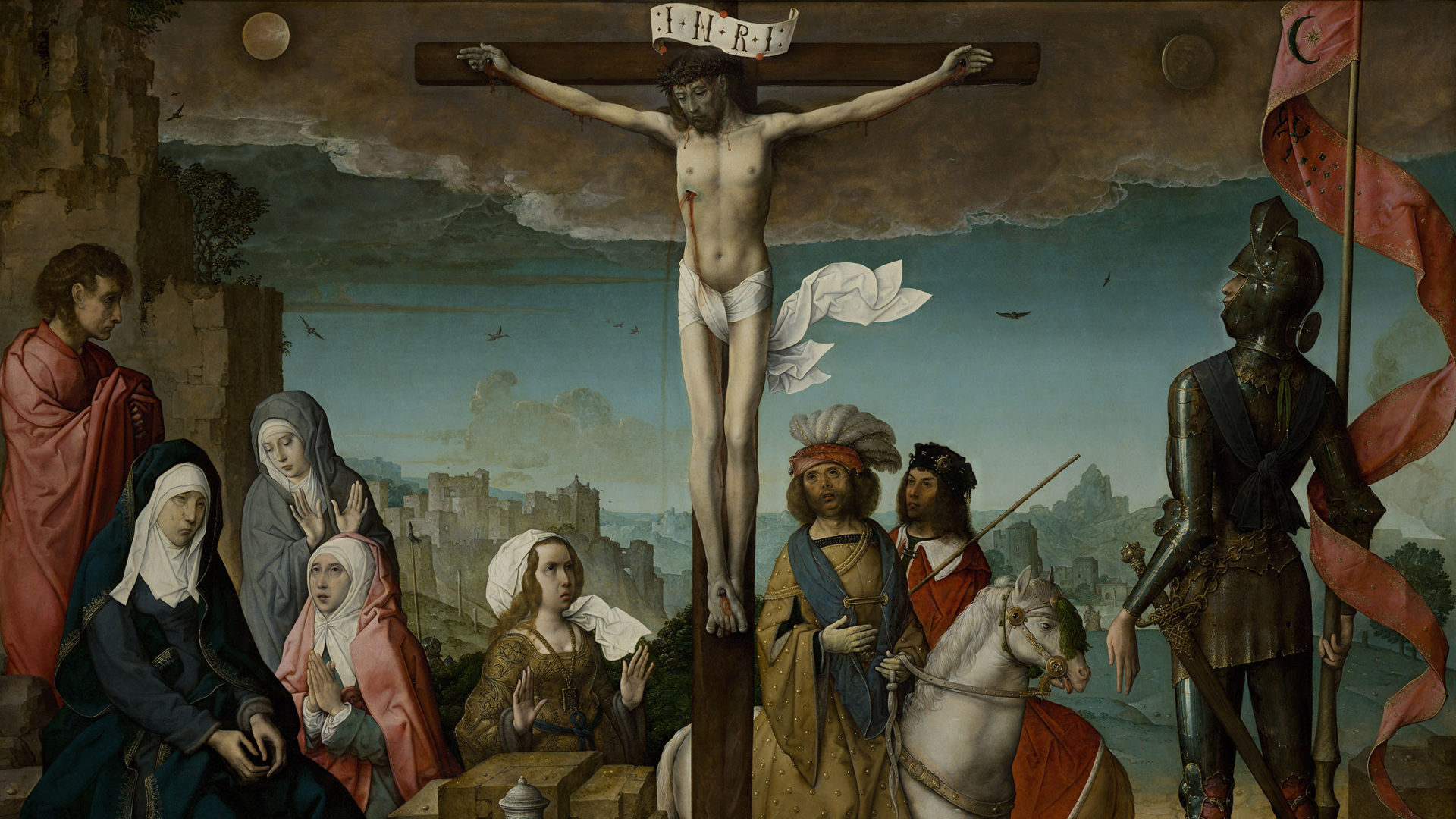
The word ‘testament‘ means ‘covenant‘. Where do we find the word ‘new covenant’ in the Gospels?
“(…)’This cup is the new covenant in my blood, which will be shed for you.'”
Luke 22:20
What brings people to be united as members of one family? A common flesh, blood & name.

Who is the bride of Christ? It’s the Church18!
The Eucharist is how we unites flesh & blood with Christ; the 2 becoming 1 flesh. It’s a marital covenant: we (Church) were outsiders (because of sin that separate us from God), now united with Christ (bridegroom), is now part of the new family of God.
Think about the original ‘marriage’, back in the beginning of Genesis.
“That is why a man leaves his father and mother and clings to his wife, and the two of them become one body.”
Genesis 2:24
Sin has separate us from God. What will re-unite us is the sharing of a common flesh, blood and name.
So Jesus left God the Father in Heaven and mother Mary on earth, so He can become 1 flesh with his bride the Church! Through the sacrament of Holy Communion. This is his flesh, given to us. In other word, Jesus is a bridegroom.

Baptism is the last key. Modern people have a first name and a last name, to show their belonging to a family. Why baptism? Through sin, we became orphans. But, through baptism, we become ‘adopted’ children of God, carrying the name of the Father, the Son, and the Holy Spirit.
“Go, therefore, and make disciples of all nations, baptizing them in the name of the Father, and of the Son, and of the Holy Spirit (…)”
Matthew 28:19

The Old Covenant is gone, now there’s a New Covenant.
The word ‘catholic‘ (‘καθολικός’ in Greek, ‘catholicus’ in Latin) means ‘universal’.
This time, the relationship doesn’t apply only for the Jews anymore, but for everyone: we wants to gather everyone to the wedding feast that awaits us in Heaven!
Heaven
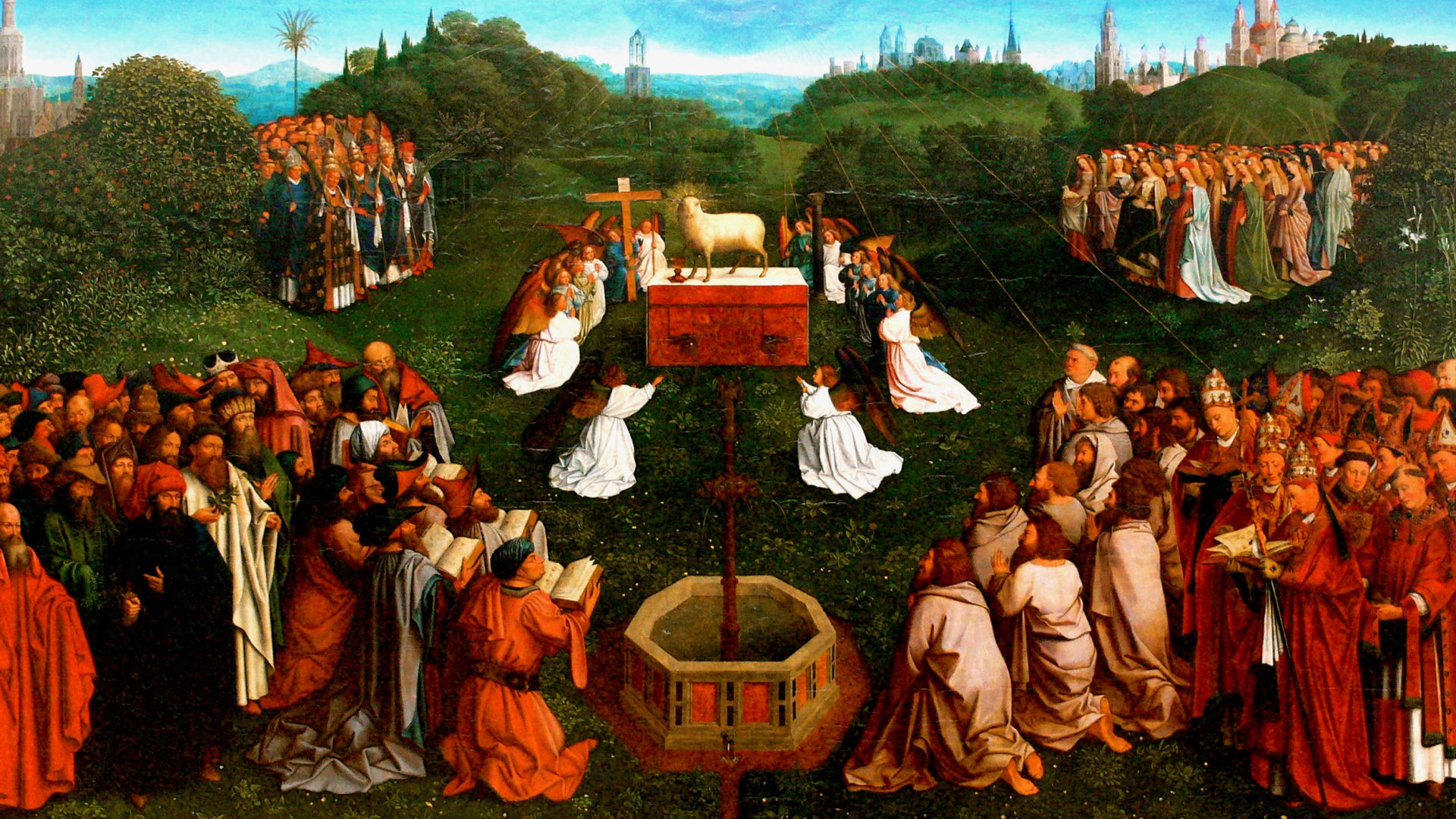
The covenant story ends with a wedding feast in Heaven.
What’s a covenant? Think of marriage or adaption. The goal is to integrate an outsider into your family. Who is God? An eternal family. What is his goal? To bring back all of his lost children to celebrate a feast together!
That’s it! We are at the end of this beautiful story. God lost his child in the earthly Garden of Eden, He will gain them back in the new heavenly Garden of Eden, to be back in full communion with Him.
Recommended books
- Scott Hahn – “A Father Who Keeps His Promises: God’s Covenant Love in Scripture”
- John Bergsma – “Bible Basics for Catholics: A New Picture of Salvation History”
- Brant Pitre – “Jesus the Bridegroom: the greatest love story ever told”
- Christopher West, “Fill these hearts: God, sex, and the universal longing”, (New York: IMAGE, 2012), 127
- Gen 1:26-27
- Ps 78:69, Ps 148
- Genesis 10:6
- Genesis 10:10
- Jer 31:32, Ezek 16:8, Hos 2:18-20
- Ex 4:22, Deut 1:31, 8:5, 14:1
- Ex 4:23
- Scott Hahn, “A Father Who Keeps His Promises: God’s Covenant Love in Scripture”, Servant Books (imprint of St. Anthony Messenger Press, 1998), 23
- Lev 11:44, 11:45,19:2,20:7,20:26,21:8
- Judges 10:6, 1 Kgs 19:18, Ezek 8:14
- Scott Hahn, “A Father Who Keeps His Promises: God’s Covenant Love in Scripture”, Servant Books (imprint of St. Anthony Messenger Press), 1998, 19
- Acts 15
- Acts 10:15
- Mt 5:3-12
- Mt 5:21-26
- Mt 5:27-28
- Eph 5:25-32